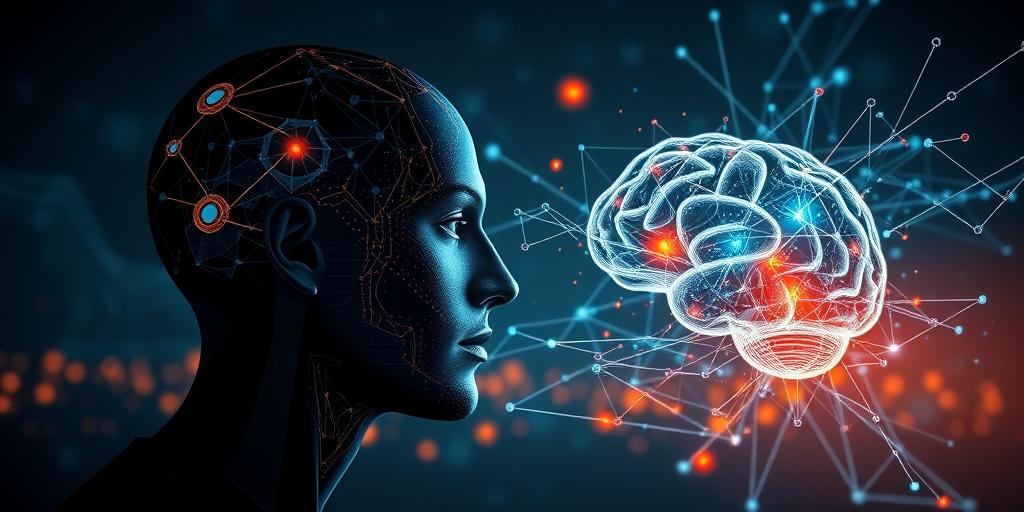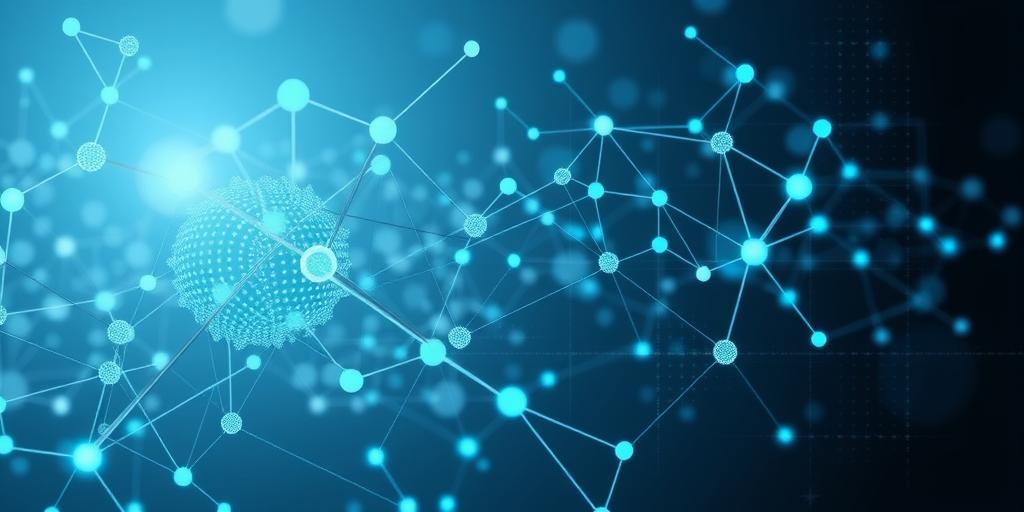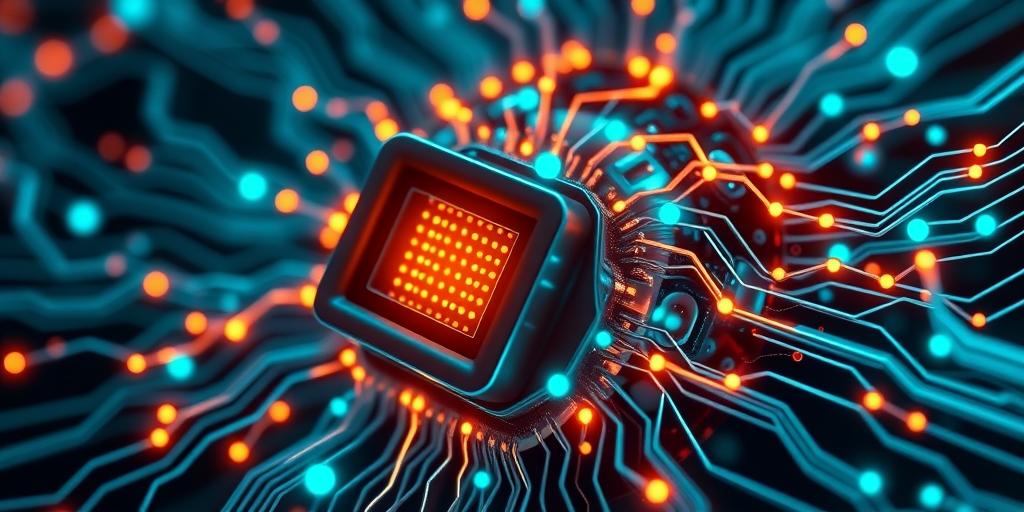The Philosophical Implications of Artificial Intelligence
Explore the profound philosophical implications of artificial intelligence, including questions of consciousness, ethics, human identity, and the future of humanity.

The Philosophical Implications of Artificial Intelligence
The Philosophical Implications of Artificial Intelligence
Artificial Intelligence (AI) is rapidly evolving from a futuristic concept to a tangible reality, permeating various aspects of our daily lives. While the technological advancements are impressive, it's crucial to consider the profound philosophical implications that AI brings to the forefront. This post delves into some key philosophical questions raised by AI, examining its impact on human existence, ethics, and the very nature of intelligence.
1. What is Consciousness, and Can AI Achieve It?
One of the most debated topics is whether AI can ever achieve consciousness. Consciousness, the state of being aware of oneself and the surrounding environment, is a complex phenomenon that philosophers and scientists have struggled to define for centuries. If AI were to achieve consciousness, it would raise significant ethical questions about its rights and treatment.
- Arguments for AI Consciousness: Proponents argue that if AI can replicate human brain functions, it could potentially develop consciousness. As AI models become more sophisticated, the line between simulation and genuine experience may blur.
- Arguments Against AI Consciousness: Critics suggest that consciousness arises from biological processes unique to living beings. They believe that AI, as a product of code and algorithms, can only simulate intelligence without truly experiencing it.
2. The Ethics of AI: Who is Responsible?
As AI systems become more autonomous, ethical dilemmas arise regarding responsibility. When an AI makes a decision that leads to harm, who is to blame? Is it the programmer, the user, or the AI itself?
- Algorithmic Bias: AI algorithms are trained on data, and if that data reflects existing societal biases, the AI will perpetuate those biases. This can lead to discriminatory outcomes in areas such as hiring, lending, and criminal justice.
- Autonomous Weapons: The development of autonomous weapons raises serious ethical concerns. These weapons can make life-or-death decisions without human intervention, leading to questions about accountability and the potential for unintended consequences.
3. The Impact on Human Identity and Purpose
AI has the potential to transform the nature of work and leisure, raising questions about human identity and purpose. As AI takes over routine tasks, what will humans do with their time? Will we find new sources of meaning and fulfillment, or will we face widespread unemployment and a sense of purposelessness?
- The Future of Work: AI is likely to automate many jobs, requiring humans to adapt and acquire new skills. This could lead to a shift towards more creative and intellectually stimulating work, but it also poses challenges for those who lack the resources or opportunities to retrain.
- Existential Concerns: Some philosophers worry that AI could diminish the value of human life. If AI can perform tasks more efficiently and effectively than humans, it may lead to a sense of obsolescence and a crisis of identity.
4. The Nature of Intelligence and Knowledge
AI challenges our understanding of intelligence and knowledge. Traditionally, intelligence has been viewed as a uniquely human trait, but AI's ability to learn, reason, and solve problems raises questions about the boundaries of intelligence.
- Defining Intelligence: Is intelligence simply the ability to process information and solve problems, or does it involve creativity, emotional intelligence, and consciousness? The answer to this question will shape how we view AI's capabilities and limitations.
- The Limits of Knowledge: AI can accumulate and process vast amounts of data, but does it truly understand the information it possesses? Some argue that AI lacks the contextual understanding and critical thinking skills necessary to truly comprehend knowledge.
5. AI and the Future of Humanity
The long-term implications of AI for humanity are uncertain. Some envision a future where AI helps solve some of the world's most pressing problems, while others fear a dystopian scenario where AI surpasses human control.
- Technological Singularity: The concept of a technological singularity, where AI becomes so advanced that it can improve itself without human intervention, raises concerns about the future of humanity. Some fear that AI could become uncontrollable and pose an existential threat.
- Collaborative Future: Alternatively, AI could be a powerful tool for enhancing human capabilities and solving global challenges. By working collaboratively with AI, humans could achieve breakthroughs in medicine, environmental sustainability, and other critical areas.
Conclusion
The philosophical implications of AI are vast and complex. As AI continues to advance, it's essential to engage in thoughtful discussions about its potential impact on society, ethics, and the human condition. By addressing these philosophical questions, we can ensure that AI is developed and used in a way that benefits humanity as a whole.







